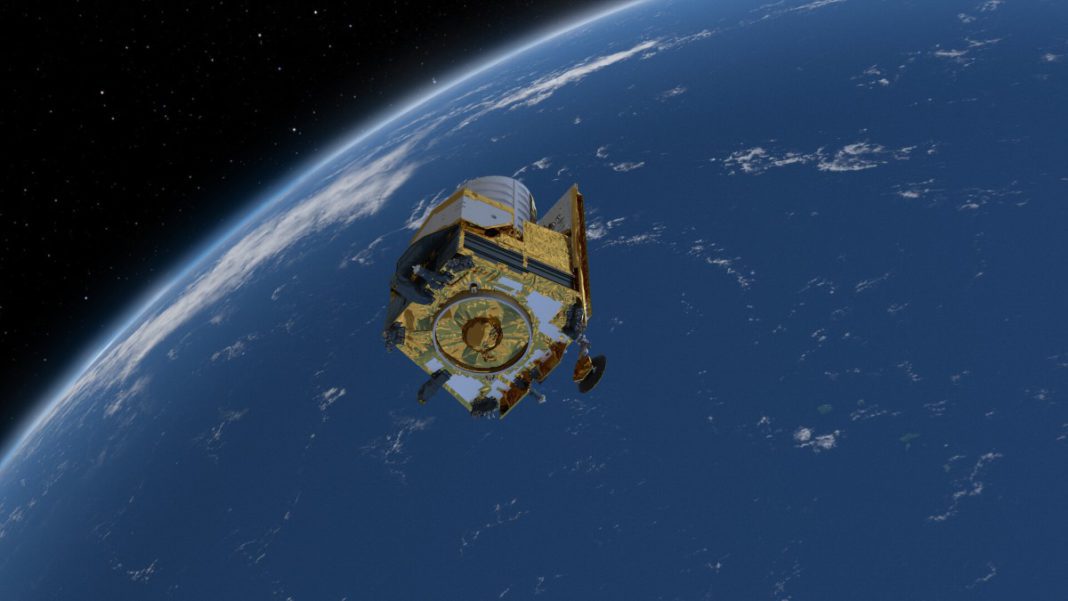GERMANY: The European Space Agency’s (ESA) Euclid spacecraft, hailed as the dark universe detective, has successfully overcome a cosmic misidentification hiccup to get back on track in its mission to unravel the mysteries of dark matter and dark energy.
Launched on July 1, Euclid spacecraft embarked on a four-week journey to Lagrange point 2, a gravitationally stable zone in the Earth-Sun system. Upon arrival, it captured breathtaking images of the cosmos but encountered a stumbling block—Euclid’s Fine Guidance Sensor struggled to locate its guiding stars, crucial for precise navigation.
This glitch was traced to cosmic rays emitted by the sun during heightened solar activity. These rays interfered with the sensor, generating signals that Euclid mistakenly identified as stars.
Additionally, stray light and solar X-rays further impeded the spacecraft. Consequently, genuine stars were outnumbered by artifacts, preventing Euclid from accurately resolving star patterns for navigation.
Despite these initial setbacks, ESA’s dedicated mission control teams tirelessly worked to equip Euclid spacecraft for its space environment. A software patch was crafted and tested on an electric model of Euclid on Earth before being deployed in orbit at Lagrange Point 2, situated approximately 1 million miles from home.
After ten days of rigorous testing, the Fine Guidance Sensor is now functioning as intended, and Euclid’s guide stars have been successfully pinpointed once more.
With these hurdles overcome, Euclid spacecraft is poised to resume its vital performance verification phase, which was temporarily halted in August. This phase marks the last step before Euclid commences his groundbreaking exploration of the dark universe.
The spacecraft will scrutinize a third of the sky over Earth and survey cosmic history spanning over 10 billion years, constructing 3D models of galaxies to uncover the universe’s evolution and the role of dark matter. Additionally, Euclid spacecraft will investigate large-scale galactic disturbances, shedding light on the accelerating influence of dark energy.
ESA’s Director of Science, Carole Mundell, expressed excitement for the upcoming phase, anticipating the transformative impact Euclid will have on our comprehension of the enigmatic dark universe.
Also Read: 5 Places on Earth That Dont Feel Real



